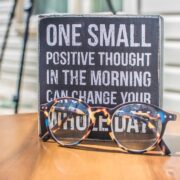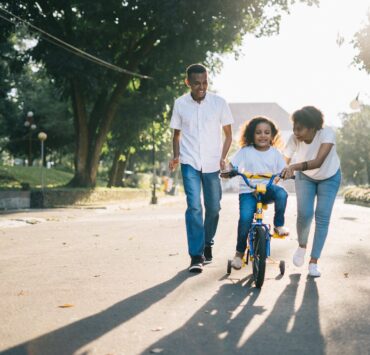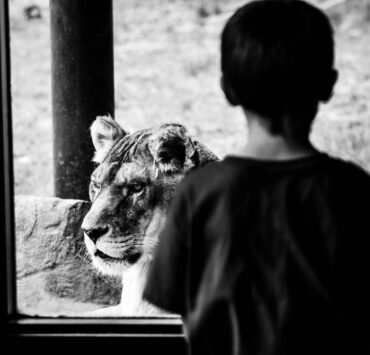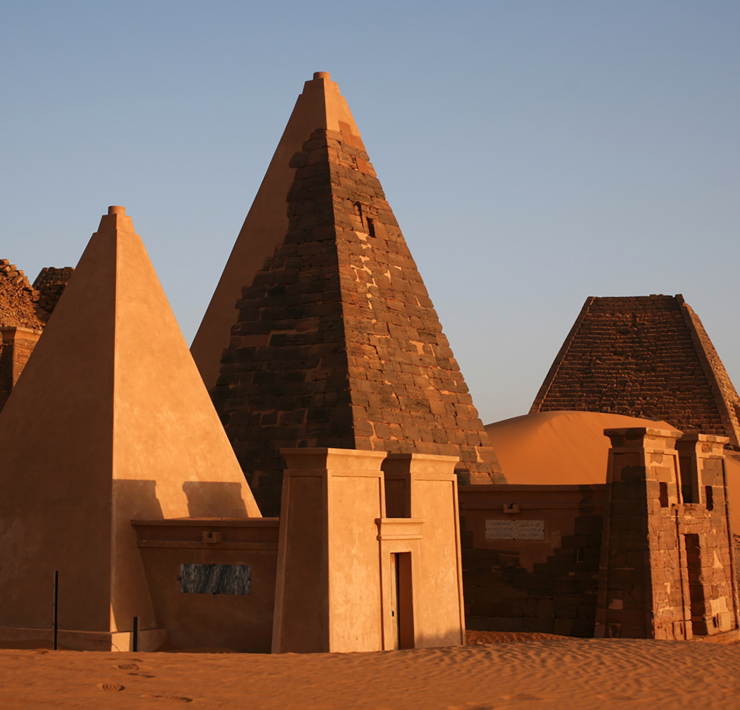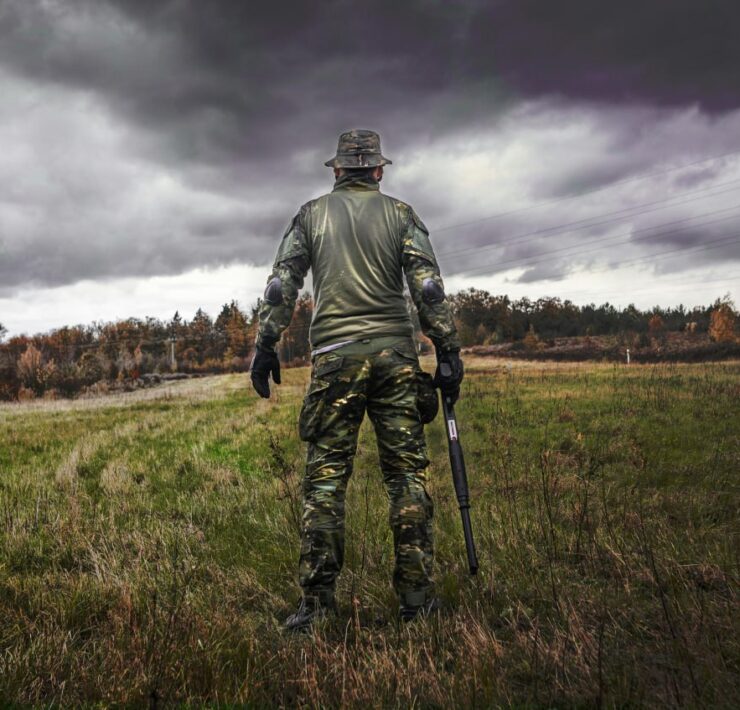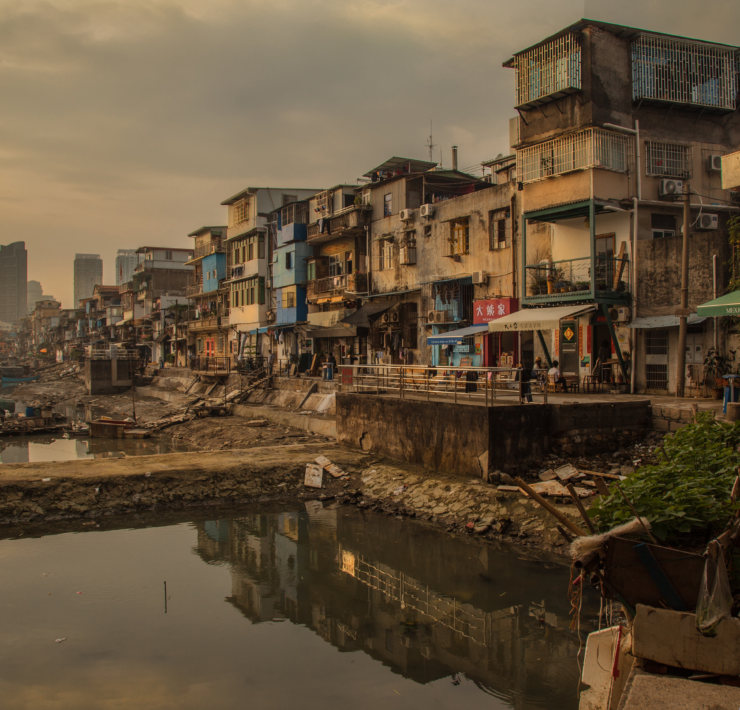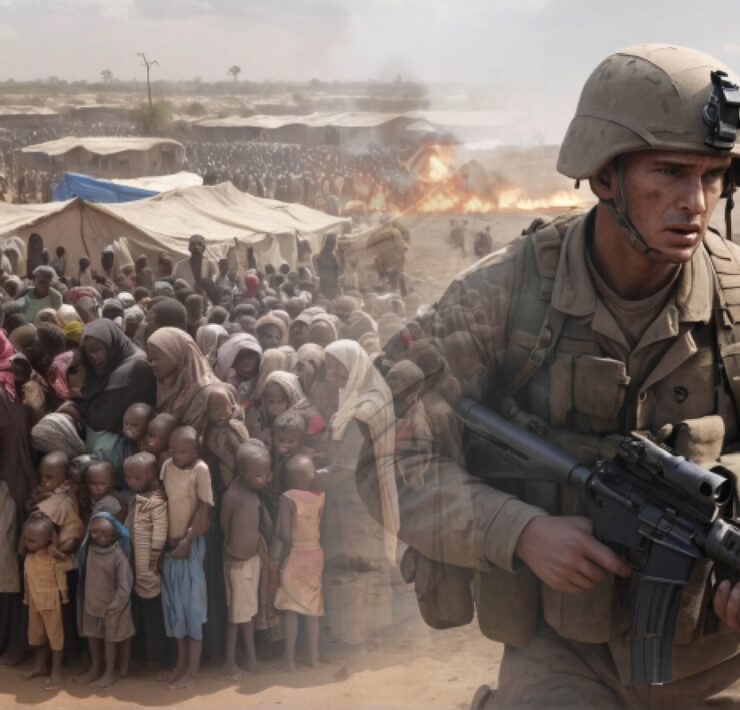Eastern Congo: Life beyond war, death, and poverty

Samuel Phillips is a writer, graphic designer, photographer, songwriter, singer…
Extraordinary things happen when we do small things in an extraordinary way. This is an age-long statement and has been proven over time that it is true. But what happens when the little things you do for your society, local communities, and even friends and families go unnoticed? You simply just continue. Great people are not often announced when they are busy doing such acts of greatness, but when those who have benefited from such little acts of kindness find themselves in positions and places that would not have been possible, they announce the kindness that made their new positions possible.
For a long time, news from the Democratic Republic of Congo has not changed much from the stereotype of wars, militancy, violent resource control staged by wicked foreign hands, the assassination of good leaders by the West, and now the most recent conflict going on in North Kivu in eastern Congo. One would expect that the beautiful and massively mineral-rich nation of DRC would be a mark and standard for development right now, but it seems some unseen hands want to keep that beautiful nation in a perpetual state of chaos, for it suits the agendas of the many outside governments that want a piece of the cake called DRC. But freedom is coming and freedom is here.
I started this article by mentioning how extraordinary things happen when we do small things in extraordinary ways. This is true of a young Congolese man who decided that out of his little earnings in photography, he was going to help change some of the narratives in his community.
One of our beautiful sisters and an amazing writer and researcher, PD Lawton from the UK, reached out to us and made mentioned a young Congolese photographer named Murhula Prince who is helping his local community with the proceeds of his photography craft. Prince is a fourth-year economics student at the U.O.B. (Universite Officielle de Bukavu) in DRC. In her words, she said “Prince is one of our Kivu Community team members. He is about 23 years old and has been helping the street children in Bukavu, DRC, for years. His friends and him club together to pay their school fees and do special things like birthdays for orphans at one of the orphanages in Bukavu. He is trying to make his name as a photographer. I said I would send you guys his work and maybe it could appear in Msingi Afrika Magazine. I am so tired of DRC death and suffering; Prince comes as a little beacon of light and hope for a new east Congo.”
I love stories of hope, especially when they come from individual members of local communities who are stepping forward to take responsibility for transforming their community rather than waiting for foreign aid and NGOs. I got interested in Prince’s story because as a photographer myself, I understand what it means to try to find your voice in a field with so much talent. So, I made up my mind to write about the story of Prince and his little but mighty contribution to the change his community needs. But most importantly, I think like PD already mentioned, with the general narrative of wars and the killings in DRC, there is a need for beacons of hope.
I had a short conversation with Prince on Zoom, and he shared some of his thoughts, aspirations, and how photography helps him contribute to his community. Prince speaks French, but I had help with interpretation from PD Lawton and one of her associates who, in the course of the conversation, shared some insights into the crisis in DRC which most mainstream media don’t ever mention. What he shared will be used for a different article at a later time.
I listened to Prince speak about how he started photography as a passion that he developed while in school. He spoke of how he bought his first camera in 2018 while at school and started making some money from taking photos at events. And from the income he was getting from his photography while at school, he was able to set up a studio in his community and has plans to expand from just taking photos at weddings or events to doing photos for documentaries and other projects. One of the plans he shared was to do fine art photography that can be published in photo exhibition galleries worldwide. But that plan is still on hold since he does not yet have professional cameras that can achieve such high-definition fine art photography.
Prince’s story also includes the voluntary work that he does with an orphanage in his community of Bukavu. The orphanage caters to very young children to teenagers. He and his friends arrange birthday celebrations for the children in the orphanage and through the income from photography, they pay school fees for the children who are in school.
At a later time when I asked him on WhatsApp about his work at the orphanage, and why he does what he does, he said “I was helping orphan children before joining Kivu community and I continue to do it with my means. In life, I always say that if God has blessed us we must be a blessing to others. That’s why when it comes to my birthday, I’d rather celebrate with orphans than go chilling with friends. Even today I came to support orphaned children at school and paid for 17 children in primary school. That’s not to say that I have a lot of money, but I still have this desire to help children. I don’t like to see people suffer when I can help them. Although it’s not much, I feel relieved when I make this small gesture to these children to make them smile again.”
The above is just a brief insight into Prince’s story and how he uses the little he has to positively engage his community. But it makes a very big point about the kind of heart he has and the sacrifices he is willing to make. The question now is this, what lessons do the likes of Prince and his friends tell us about compassion and looking out for those with less privilege?
Lessons
There are a lot of lessons to pull out of the life of Prince and the few things he manages to do for the people around him. But let me just share a few thoughts.
First lesson: We live in a world where everyone seems to be running around and competing for so-called limited resources, while not paying attention to those who cannot even run for themselves. It’s a world of the ‘me, myself, and I’ syndrome in which selflessness and kindness have become what we read about in books and watch in movies but which have no real representation on the ground. But to see a student like Prince do what he does with the little he has is noble and should be encouraged.
Second lesson: It does not take all the money in the bank to be of strength and joy to someone else. Sometimes it does not even require money at all, just some level of care and the assurance we extend to people to help them know that they are not alone or abandoned.
Third lesson: We all must take responsibility for our communities and stop waiting for some saviors to come from Mars or from the other side of the ocean to ‘discover’ us and also show us solutions that have always been in our communities for ages. We have seen what the foreign savior mentality has done to Afrika for centuries and how the huge amount of foreign aid coming into Afrika has not helped in eradicating poverty, but has instead created broken Afrikan societies that have lost how to create homegrown solutions to their home breed problems.
Afrikan solutions to Afrikan problems
We have lots of Afrikan experts who are only experts in how to solve the problems of the West and Europe but cannot wrap their heads around the solution that Afrika needs. And, as someone puts it, the Afrikan experts we have now in various fields are not interested in the poverty of the Afrikan people, they are only interested in how to remove themselves from that list of poor people. So, they work tirelessly to create foreign solutions for foreign problems and get paid in strong foreign currencies just so they stop being among those Africans who are below the poverty line. That is shameful, to say the least.
Having birthdays with children in the orphanage instead of with friends may not automatically remove those kids from whatever their issues are, but at least it will create a sense of belonging, acceptance, and humanity that every one of us needs to navigate this maze called earth. And come to think of it, can anyone say what those children that Prince has paid school fees for, will become in the years to come? What if among those kids are those who will rise tomorrow to be the first Afrikans who will build Afrika’s spaceship to travel beyond the moon? What if among those kids are the world-renowned photographers, artists, medical doctors, engineers, and great political leaders who used the little school fees that a young student like them gave them to achieve their dreams? Every act of kindness is a seed in the heart of the receiver. Seeds do become great trees bearing rich fruits.
In conclusion
There is not a single part of my conversation with Prince that suggests that he and his friends are soliciting foreign help or aid for them to continue what they do. They are passionate and committed and have already proven that they can do a lot with what little they may have. But here I am thinking, it would make sense if others can join them to increase what they are already doing in their communities. Meaning that with some sort of help and funding for Prince, he can build small spaces where he can teach photography to those in his community who want to learn, he can set up libraries for children right in their local communities, can buy a better camera for himself, he can have better access to more of his country to tell the true story of the DRC with his lens instead of the biased stories that the mainstream media are known for, etc. So, if you can buy or donate computers, sewing machines, clippers, cameras, books, or anything that can help Prince build a community learning center where people can learn to solve their problems, for themselves and remove themselves from poverty, please reach out to us at (info@msingiafrikamagazine.com) and we will connect you to Prince in DRC.
Even though we are aware of what the false mainstream media can do with false narratives, the story of DRC should not always be that of wars and humanitarian crises, banditry, or proxy wars for resource control. That should change and that change can begin with you doing the right thing, just like Prince and his friends.
Below are some of Prince’s photos. All photos are used with the permission of Murhula Prince (Royal Prince Studio) Bukavu, DRC.




What's Your Reaction?
Samuel Phillips is a writer, graphic designer, photographer, songwriter, singer and a lover of God. As an Afrikan content creator, he is passionate about creating a better image and positive narrative about Afrika and Afrikans. He is a true Afrikan who believes that the true potential of Afrika and Afrikans can manifest through God and accurate collaborations between Afrikans. Afrika is the land of kings, emperors, original wisdom, ancient civilizations, great men and women and not some road-side-aid-begging poor third world continent that the world finds joy in undermining.








